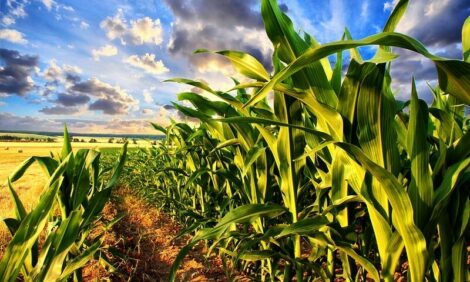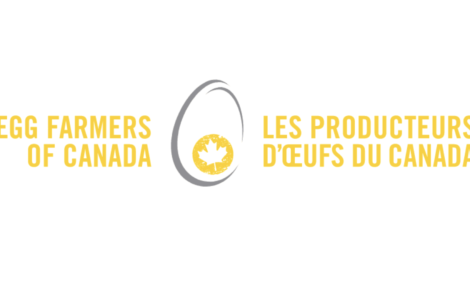



Farmer Auxiliaries Trained on Improvement of Poultry Production
GAMBIA - The Ministry of Agriculture in collaboration with the Livestock Horticulture and Development Project (LHDP), recently concluded a three-day training on the improvement of poultry production and management for farmer auxiliaries at Brikamaba Lower Basic School, in Lower Fulladu West District of the Central River Region (CRR) south.The African Development Bank (ADB), International Fund for Agricultural Development (IFAD) and the government of the Gambia funded the training programme, reports Daily Observer.
Speaking at the opening ceremony, Alieu Joof, the coordinator of the livestock component of LHDP, said that to improve poultry production of the target beneficiaries of LHDP intervention communities, the project is assisting 15 village-based poultry producer associations. He revealed that a total of 45 village auxiliaries are selected from the 15 producer associations to be trained on poultry production and management.
Mr Joof asserted that the training content covers three modules on diseases, feeding and housing to enable auxiliaries to provide advice and services that will lead to the improvement of poultry production.
The principal Agricultural officer of CRR south, Abdoulie Manjang highlighted the principles of good housing. He explained that the chicken house should be protected against heavy winds and should not be subject to flooding; that the house should be constructed on high ground for good drainage and should avoid direct sunlight into the house and also there should be brooder house away from the main rearing house.
For his part, Ebrima Gaye, the senior Agriculture officer, stressed the need to provide proper feeding for the chickens to become healthy. He noted that their feed should contain proteins, vitamins and energy.
On his presentation on the reduction of outbreaks of diseases, Ebrima Sonko, an Agriculture officer, urged the participants to clean poultry houses and their environment regularly and avoid insect bites, physical injuries and maintain good hygiene.











